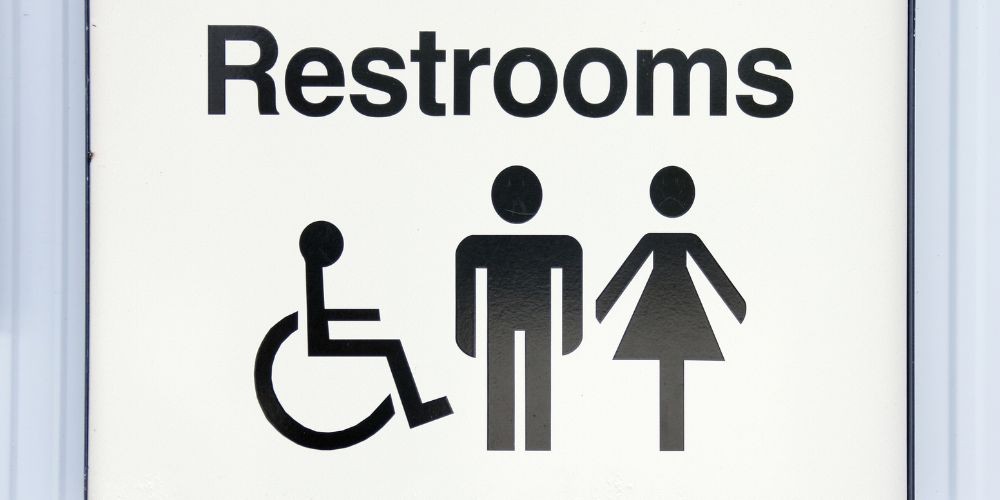The Dawn of Pay-Per-Use Restrooms: Flush App Stirs Debate
- 2024-01-07 07:35

The quest for a public restroom can turn into an urban odyssey, fraught with accessibility issues and a dire lack of clean facilities. Now, imagine a marketplace that allows access to a restroom with the tap of an app. This scenario is about to become reality as the new app 'Flush' debuts, revolutionizing the way we view the humble public toilet.
While the idea of paying for bathroom access may raise eyebrows, 'Flush' presents a solution to a dilemma faced by many, especially those with medical conditions. The app transforms local businesses’ restrooms into rentable spaces, potentially unlocking a fresh revenue stream for proprietors. Elle Szabo, a USC graduate, envisioned this project due to her personal plight to find accessible bathrooms. This endeavor is not merely commercial but carries a promise of convenience for users and profit for businesses.
Nonetheless, practicality may clash with existing cultural norms where free bathroom access is taken for granted. The thought of shelling out up to $10 might be unpalatable or even prohibitive for some, despite the allure of guaranteed cleanliness and privacy. Moreover, Flush's success could signal a shift where restroom availability becomes a privilege, not a public service, consequently affecting vulnerable communities for whom access to free public toilets is a necessity.
It is evident that the 'pay-per-use' restroom model has yet to reach universal acceptance or demonstrate economic viability, as its predecessors, like Good2Go, have stumbled. Flush must navigate the complexities of integrating with businesses, maintaining customer satisfaction, and ensuring that restrooms remain accessible to allwithout inadvertently exacerbating social disparities.
In closing, 'Flush' ignites conversations on public infrastructure and equity. Its potential to redefine standards of public restroom cleanliness and accessibility is promising, but it begs the question: Should we commoditize basic amenities? As Flush gears up to launch at CES 2024, its evolution will be pivotal in shaping the future of public restrooms – between profit and public good lies a fine line that will test the resilience of an entrepreneur's vision against societal norms and needs.





